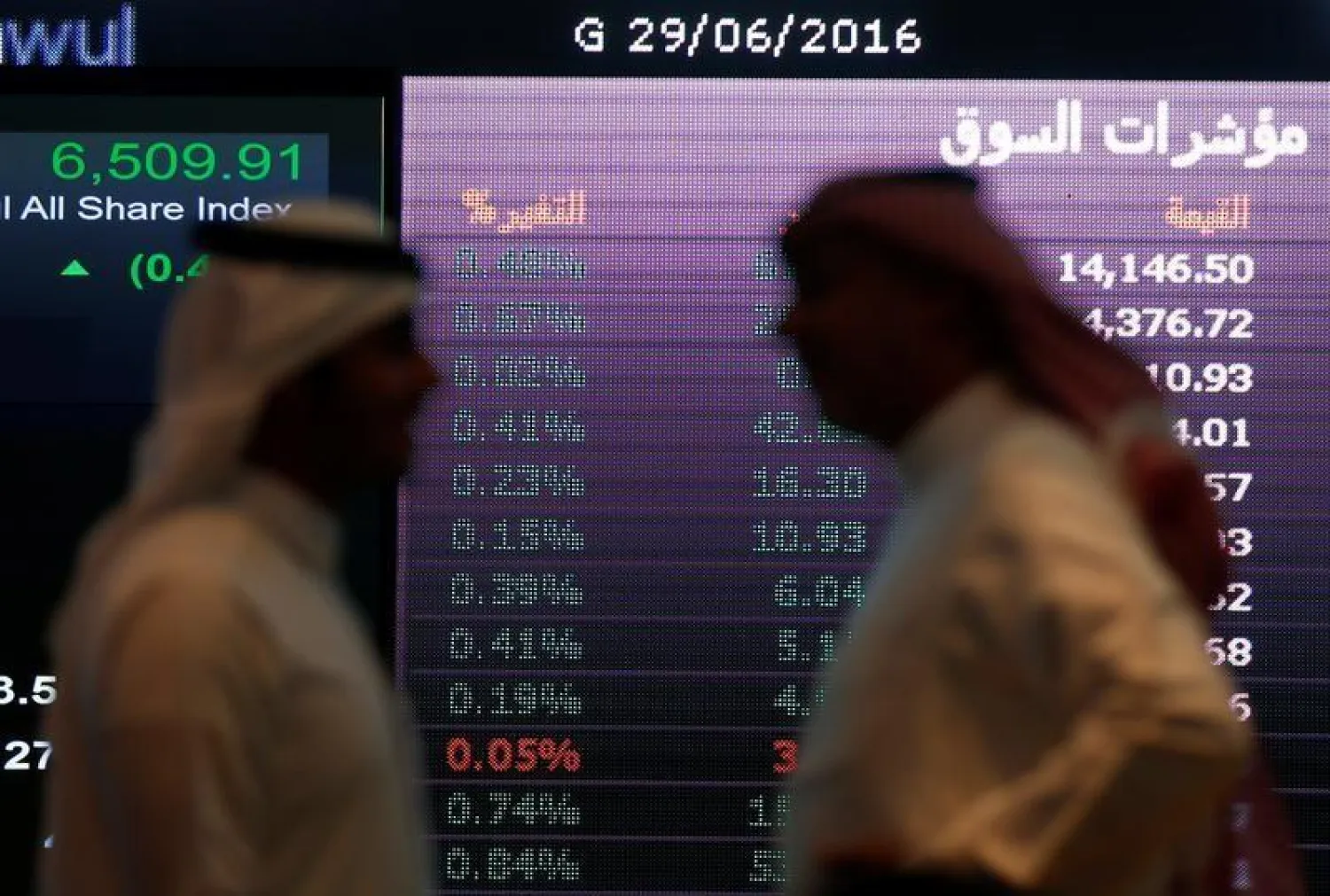The share of foreign investors in the Saudi stock market, by the end of trading on July 5, reached 5 percent, with a total ownership of $25.9 billion.
In this regard, the Saudi Stock Exchange (Tadawul) announced that net foreign purchases of foreign direct investment last week amounted to $43.1 million dollars.
Increased foreign investor ownership in the stock market reflects the appeal of the Saudi financial market and the high level of confidence its economy enjoys.
On Sunday, the Saudi index gained 0.6 percent, or 8,223 points, a rise of 45 points, amid trading amounting to about $733.3 million.
Maaden, National Commercial Bank, Samba, Jarir and Kayan Saudi Arabia stock closed their trading on Sunday at a rate between 1 and 4 percent.
Traders in the stock market are expecting the announcement of the financial results for listed companies in the second quarter of this year. Meanwhile, some reports of institutions of financial expertise showed an expected growth in the profits of banks, petrochemical companies and some shares of telecoms and cement companies.
These developments come as the Saudi economy, the largest in the Middle East, achieved positive growth in the first quarter of 2018, at 1.2 percent, in actual translation of the feasibility of economic reforms that aim to diversify the economy and reduce oil dependency.
Saudi non-oil gross domestic product (GDP) achieved a more positive growth rate during the first quarter of 2018, at 1.6 percent, while the growth rate of the non-oil sector was about 2.7 percent during the same period, according to the General Authority for Statistics (GaStats).
GDP saw a 1.2 percent rise in the three months to the end of March, compared with the same period last year. This improvement follows four consecutive quarters of falling GDP, or recession, the Authority said
The GDP of the oil sector rose 0.6 percent to $72.8 billion during the first quarter of the year compared to $72.4 billion during the same period last year.
Meanwhile, the International Monetary Fund (IMF) recently praised the positive economic reforms taken by Saudi Arabia, stressing that the implementation of some initiatives aimed at increasing non-oil revenues is a remarkable achievement. This comes at a time when the quarterly Saudi budget report revealed a significant increase in non-oil revenues during the first quarter of 2018.









